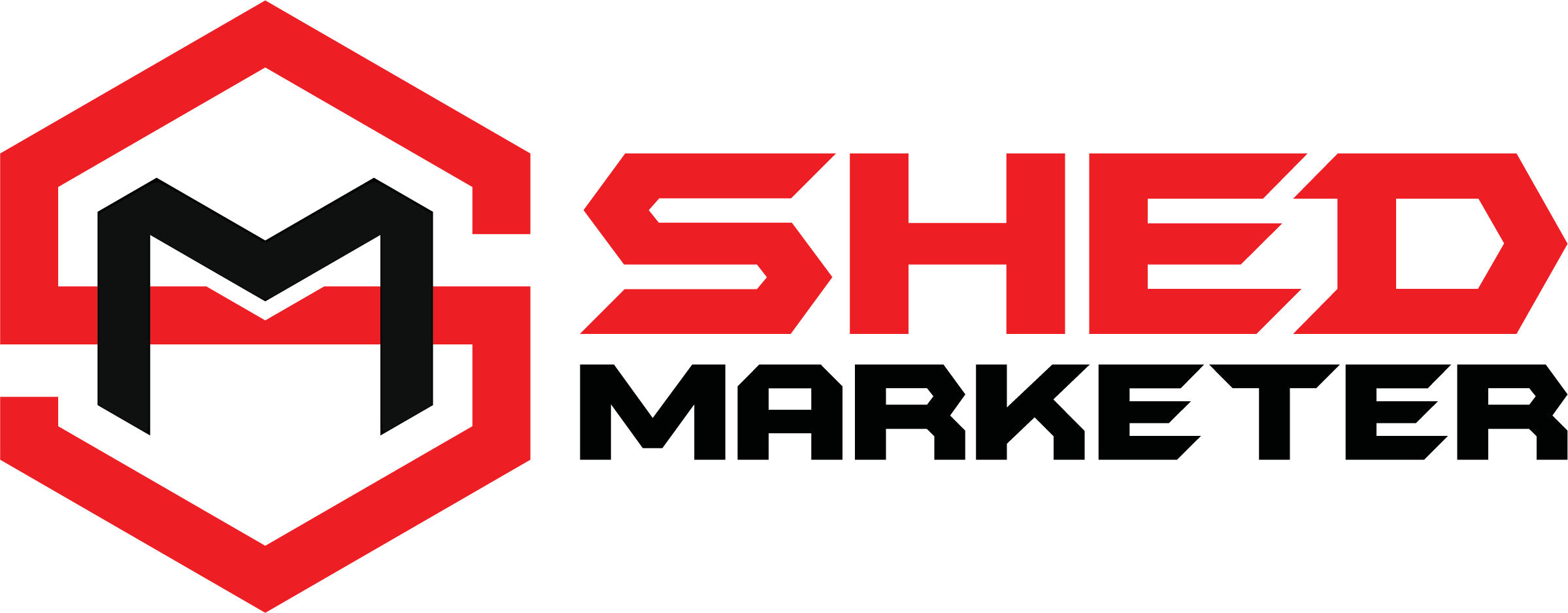Are you wondering whether redirects could harm your shed company’s SEO efforts? You’re not alone.
Many shed builders and marketers grapple with this question as they navigate the complex world of shed marketing. So, are redirects bad for SEO? In this guide, Shed Marketer will explain redirects and provide valuable insights for shed companies.
What Are Redirects?
Redirects are essential tools in website management, but their effects on SEO can be both positive and negative. When used correctly, redirects help maintain your site’s SEO health by preserving link equity and ensuring a smooth user experience. However, improper implementation can lead to SEO issues.
There are two main types of redirects: permanent redirects (301) and temporary redirects (302). Permanent redirects are ideal for long-term changes, such as permanently moving a page. They pass along most of the link equity from the old URL to the new one.
Temporary or 302 redirects, on the other hand, are best for short-term changes and don’t transfer as much link equity.
Best Practices for Using Redirects
To ensure redirects don’t harm your SEO, follow these best practices:
Use Permanent Redirects (301) for Permanent Changes
When you’ve permanently moved a page or restructured your site, use a 301 redirect. This type of permanent redirect tells search engines that the page has moved permanently and transfers most of the link equity to the new URL. For example, if you’ve updated your shed product line and want to redirect an old product page to a new one, a 301 redirect is your best choice.
Implement Redirect Chains Carefully
Redirect chains occur when one URL redirects to another, which then redirects to another, and so on. While sometimes necessary, long redirect chains can slow down your site and dilute link equity. Try to limit your redirect chains to no more than two hops.
Regularly Audit Your Redirects
Perform regular audits of your redirects to ensure they’re still necessary and functioning correctly. Remove any outdated or unnecessary redirects to streamline your site’s performance.
Update Internal Links
After implementing redirects, update your internal links to point directly to the new URLs. This reduces the number of redirects your site has to process and improves page load times. It also helps search engines understand your site structure more clearly.
Avoid Redirect Loops
Redirect loops occur when a URL redirects to another URL, which then redirects to the original URL. These loops can confuse search engines and users, potentially harming your SEO and user experience. Always test your redirects to ensure they lead to a final destination and not back to the starting point.
Maximize Your Marketing Efforts With Shed Marketer
Are redirects bad for SEO? When used correctly, redirects can benefit your SEO efforts.
At Shed Marketer, we understand the importance of proper redirect implementation for shed companies. Our team can help you navigate the complexities of redirects, meta descriptions, and other SEO elements. If you need assistance answering “Are redirects bad for SEO?” or other digital marketing-related questions, call Shed Marketer at (888) 346-1069 for expert guidance in the shed industry.

